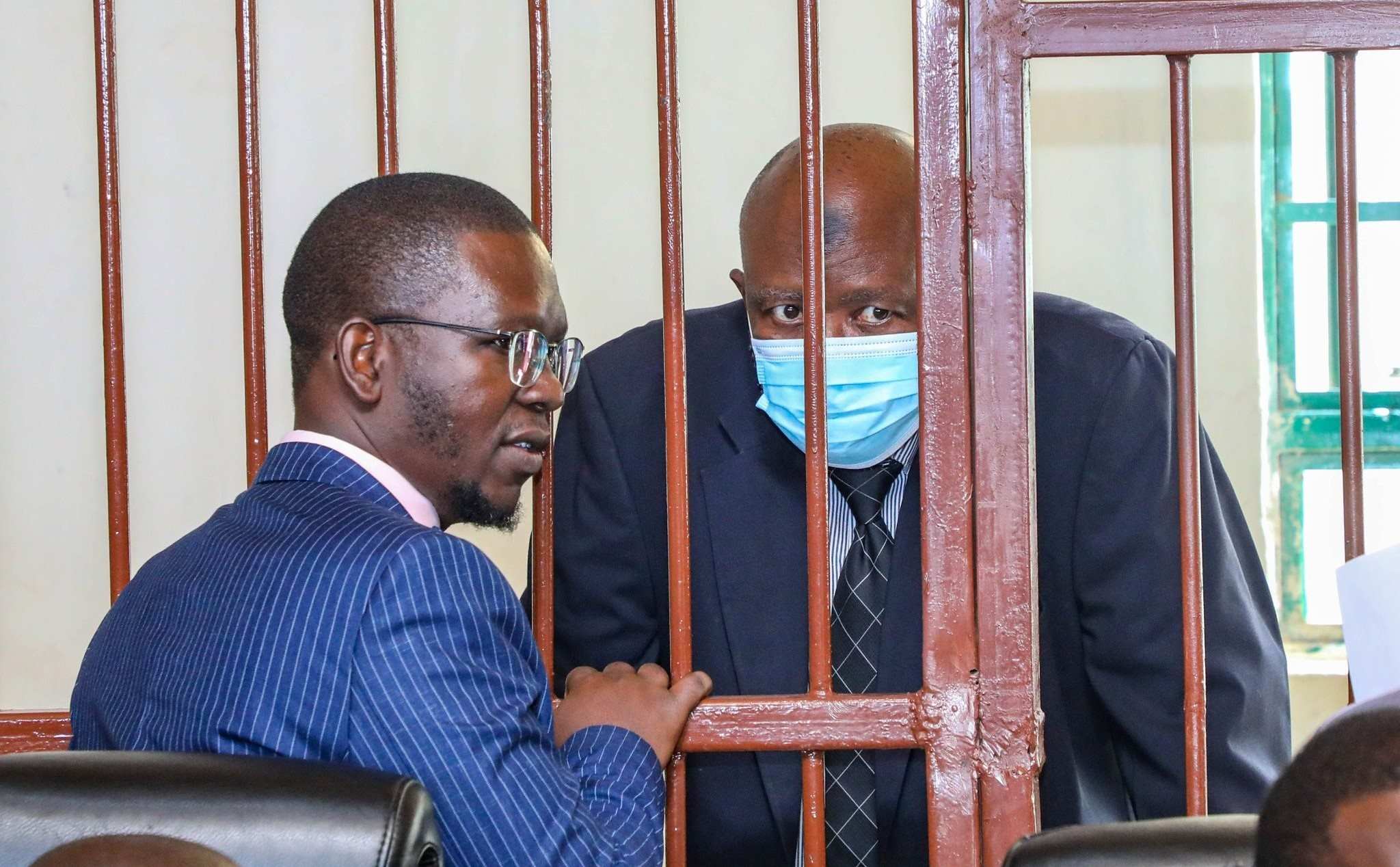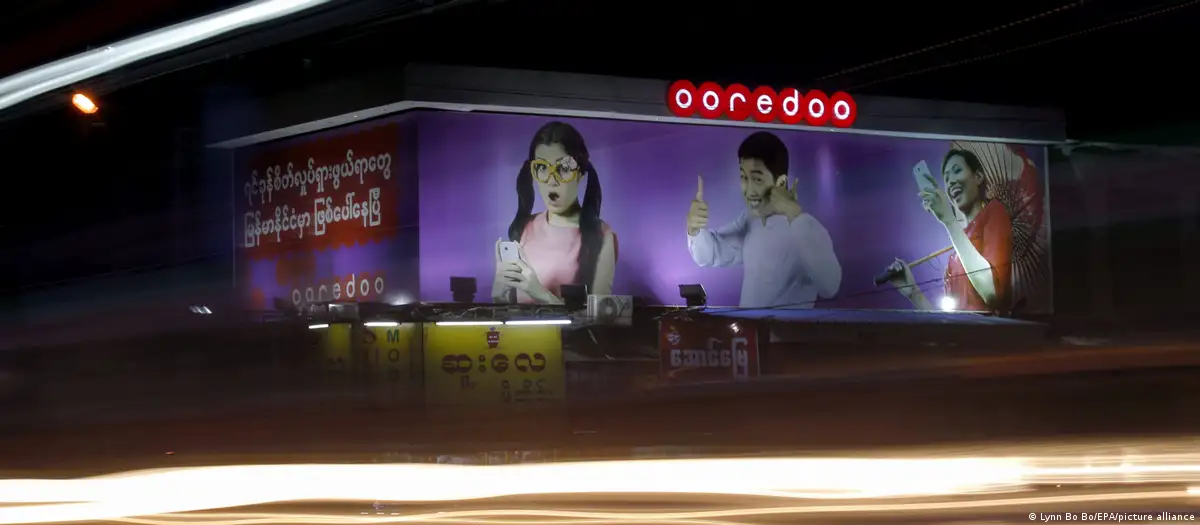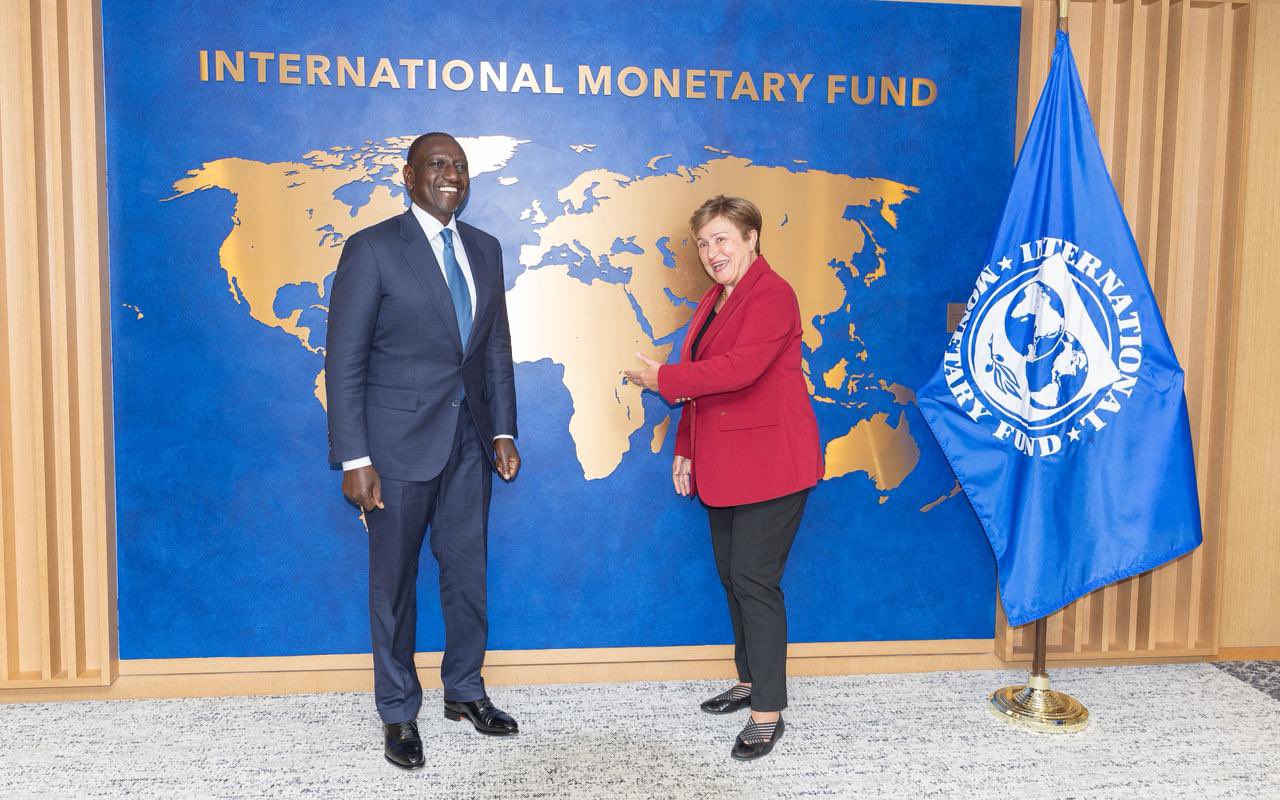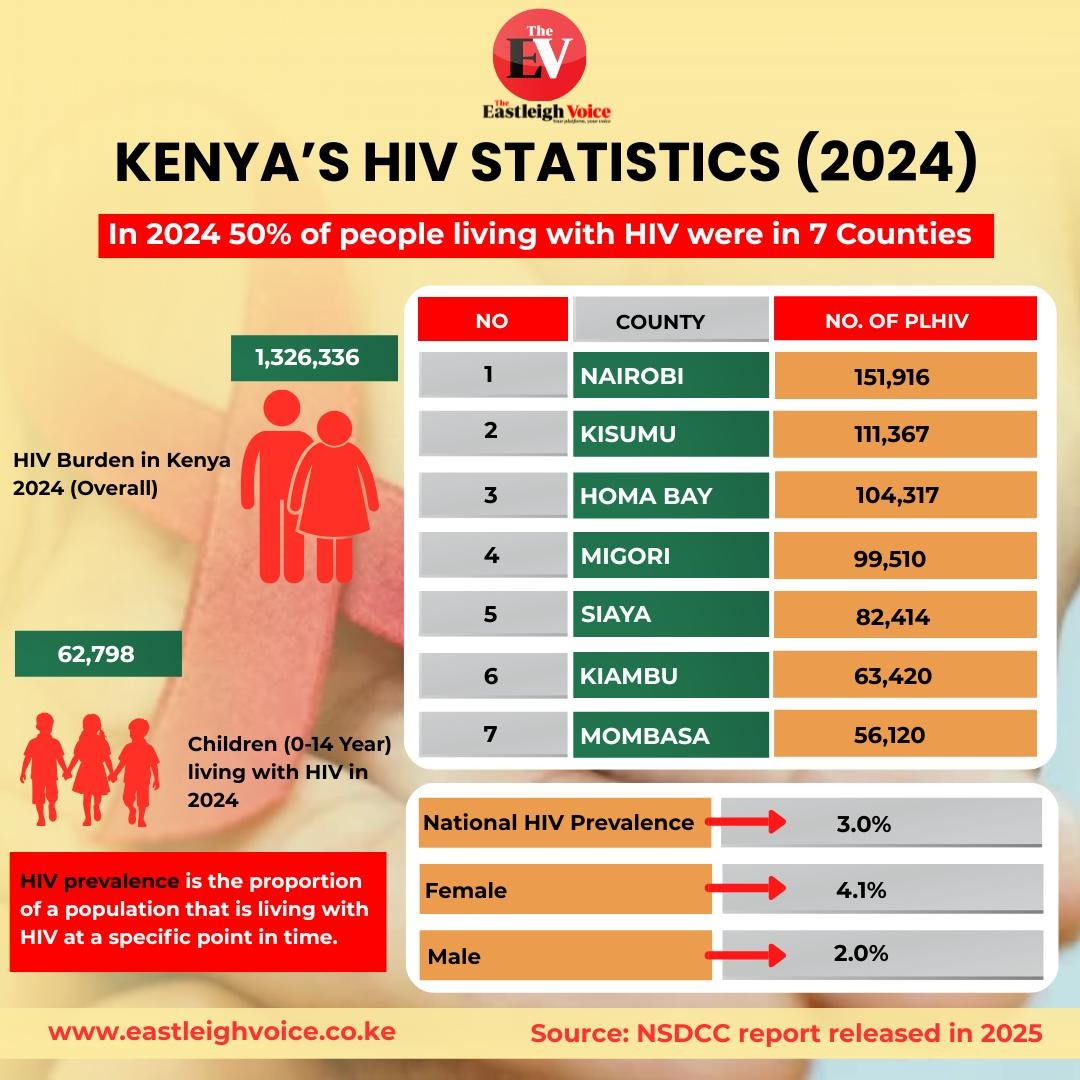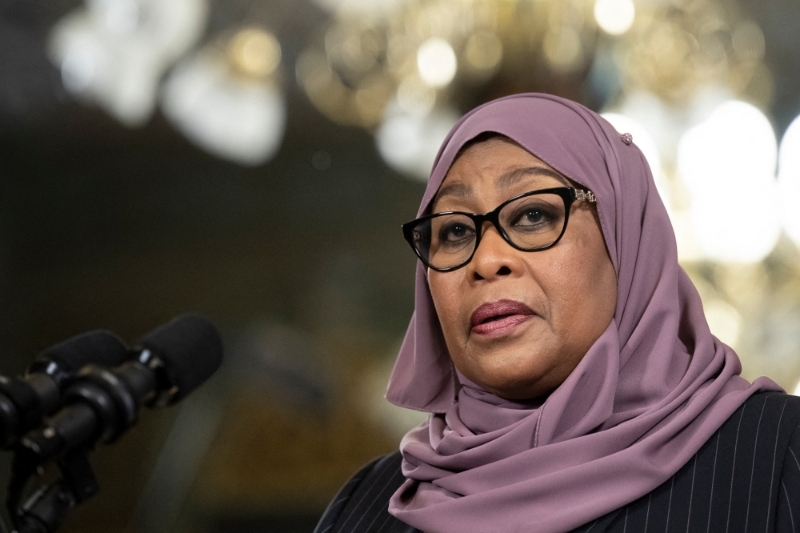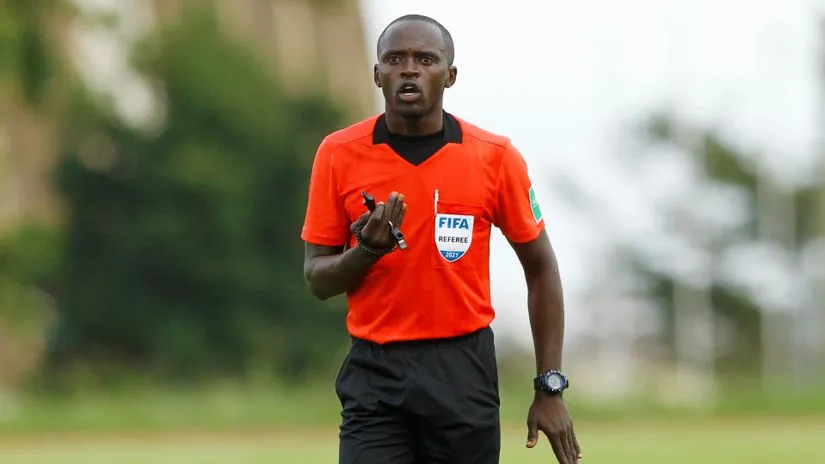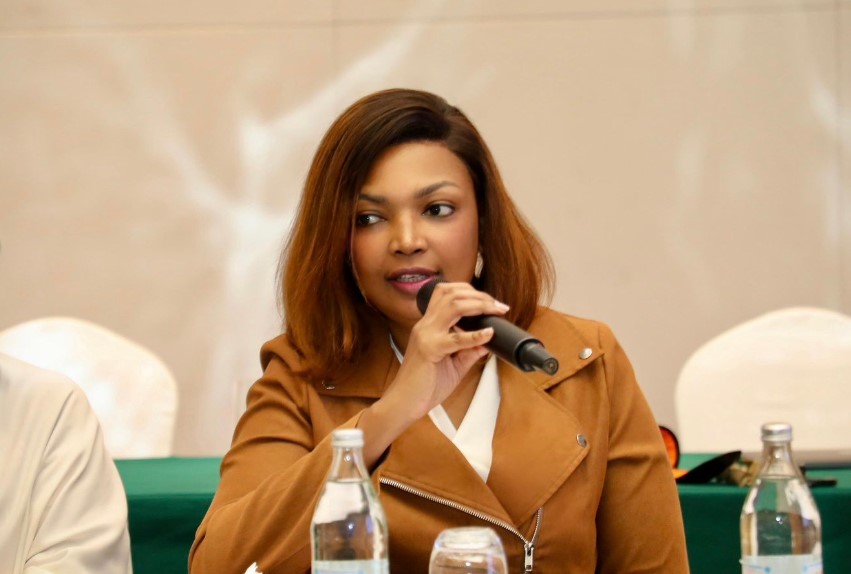Legal experts weigh in on Supreme Court ruling declining to extend lapsed boundaries review timelines

The Supreme Court failed to give its advisory opinion to the electoral commission on the question of extending the already-lapsed boundaries review timelines, citing ongoing legal interventions pending before the Senate.
The decision by the Supreme Court on Friday last week to decline to give its advisory opinion to the electoral commission on the question of extending the already-lapsed boundaries review timelines has raised questions on legal hurdles ahead of the 2027 General Election.
The Supreme Court failed to give its advisory opinion to the electoral commission on the question of extending the already-lapsed boundaries review timelines, citing ongoing legal interventions pending before the Senate.
More To Read
- IEBC blames police officers for by-election violence, maintains poll largely successful
- Why voter registration in by‑election zones will resume after 28 days
- IEBC gazettes Mbeere North’s MP-elect Wamuthende and other by-election winners
- IEBC urges media to report factually amid election scrutiny
- LSK condemns violence in by-elections, warns of gaps ahead of 2027 polls
- ELOG flags electoral violence, ballot secrecy breaches in November 27 by-elections
According to the judges, a review of the history of Kenya’s electoral process reveals a consistent theme of deep-seated trust deficits between voters, the electoral process, and the Independent Electoral and Boundaries Commission (IEBC).
“This deficit did not occur by accident; rather, it is the product of decades of politicisation of the electoral process, relentless attacks on the Commission’s independence, and a failure to implement electoral reforms in good time and in good faith,” the judges said.
They stressed that political leaders have a constitutional duty to exercise delegated authority on behalf of the people responsibly.
“Rather than fuelling this mistrust for short-term political gain, undermining the very institutions they are duty-bound to protect, they should channel their power and influence towards addressing structural weaknesses, enhancing accountability, and reinforcing public confidence in the impartiality and competence of the IEBC,” the bench stated unanimously.
Lawyer Evans Ogada, who specialises in constitutional and administrative law litigation, told The Eastleigh Voice that the Supreme Court's decision signifies a strict adherence to constitutional procedure, as it declined to offer an advisory opinion because the request was improperly submitted by the IEBC Commission Secretary in an individual capacity, rather than by the full Commission as a collective body.
“The Court found that for the purposes of Articles 88, 249, and 250 of the Constitution, the Secretary is not the Commission itself and therefore lacked the legal standing (locus) to make such a request. I agree with the Supreme Court's findings, as this interpretation upholds the defined legal roles and processes within the constitutional framework,” explained Ogada.
Ogada averred further that this certainly means that no boundary delimitation will take place and may impact the 2027 elections, as the review of electoral boundaries is a foundational process that dictates subsequent electoral activities.
The judges made their remarks last Friday while ruling on an application filed by the IEBC seeking an advisory opinion on three questions.
The first was whether IEBC could undertake the delimitation of electoral boundaries and other electoral processes in the absence of commissioners or the requisite quorum.
The second was whether IEBC could review constituency and ward boundaries when the timelines envisaged under Articles 89(2) and 89(3) of the Constitution, as read with Section 26 of the County Governments Act, had already lapsed.
The third was whether such constitutional timelines could be extended, and if so, by whom and under what circumstances.
At the time of filing the application on July 4, 2024, the IEBC Secretariat, led by CEO Mr Marjan Hussein, was operating without a chairperson or commissioners for over two years following their resignation shortly after the 2022 General Election.
The court ruled that in the absence of commissioners or a quorum, the Secretariat could not perform the Commission’s constitutional functions, including boundaries delimitation, conducting elections (including by-elections), or referenda.
Other Topics To Read
“A clear distinction must be drawn between administrative continuity by the Secretariat and the exercise of constitutional authority vested in the Commission as a collegial entity,” said Chief Justice Koome, Deputy Chief Justice Philomena Mwilu, and Justices Mohamed Ibrahim, Smokin Wanjala, Njoki Ndung’u, Isaac Lenaola, and William Ouko.
According to High Court Advocate Ambrose Weda, delineation of boundaries and elections are two different things. In his view, elections will proceed, and the matter of boundaries will be addressed at the appropriate time and circumstances.
“There is no crisis. The SCOK did the right thing to avoid opinion on matters which will likely be brought before them for final decision,” noted Weda.
On whether electoral boundaries review timelines could be extended, the court noted that a constitutional amendment Bill, 2024, had already been passed by the National Assembly and was pending before the Senate. They further held that only a fully constituted Commission could competently seek the court’s intervention on such matters.
Top Stories Today
